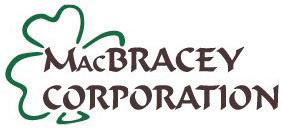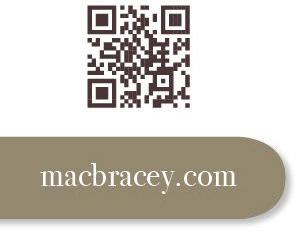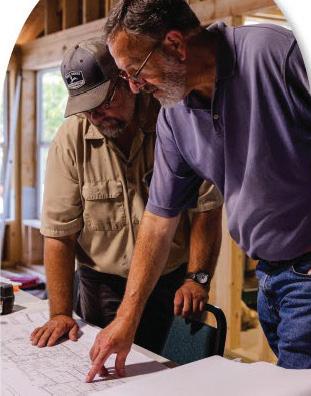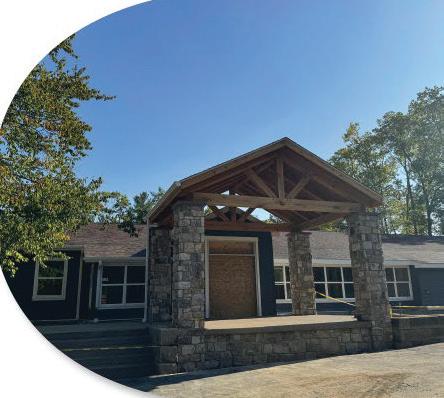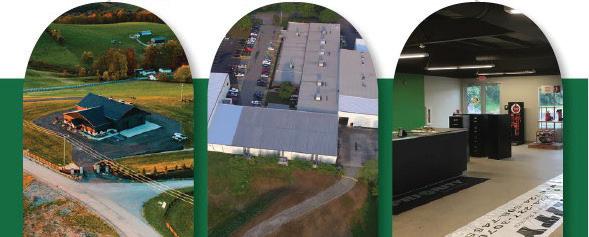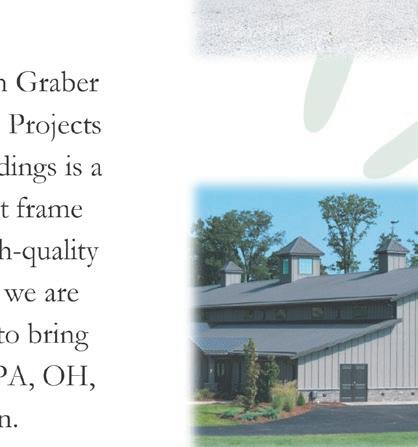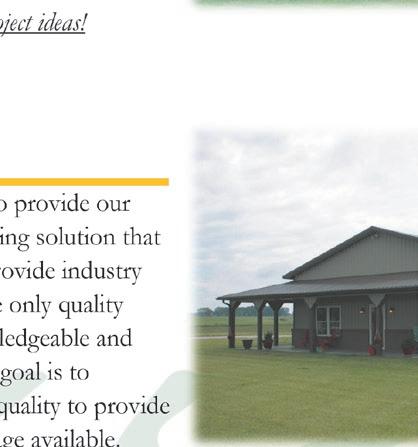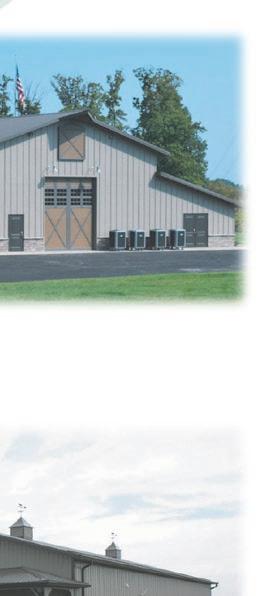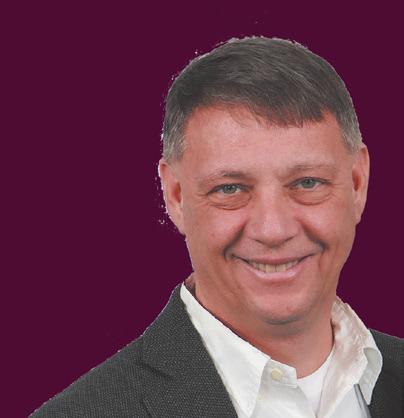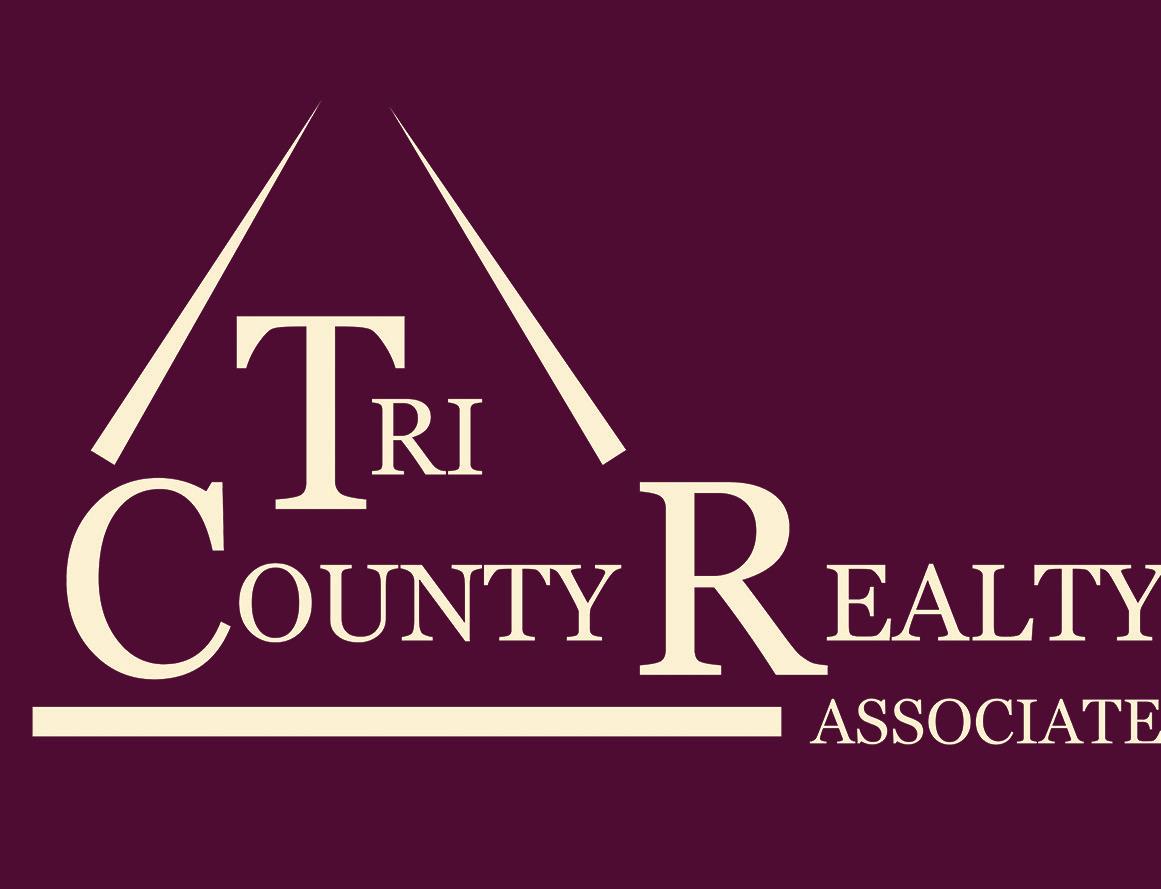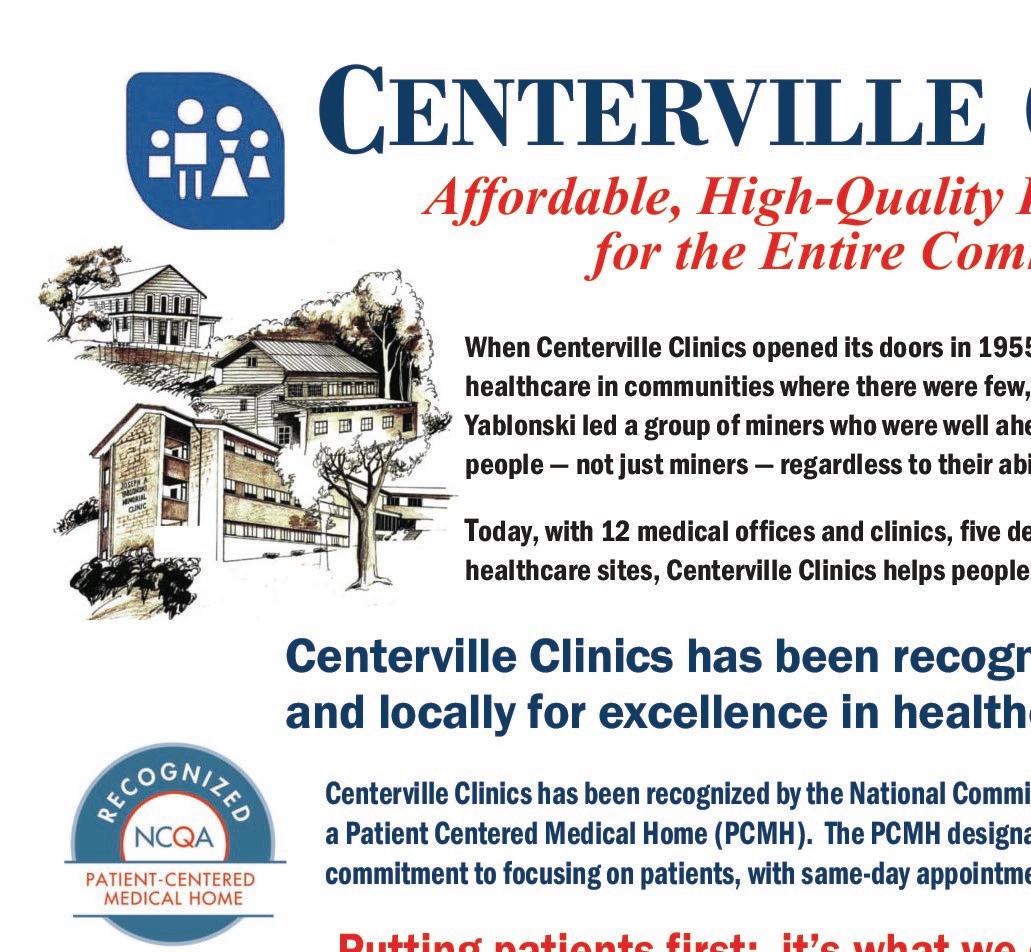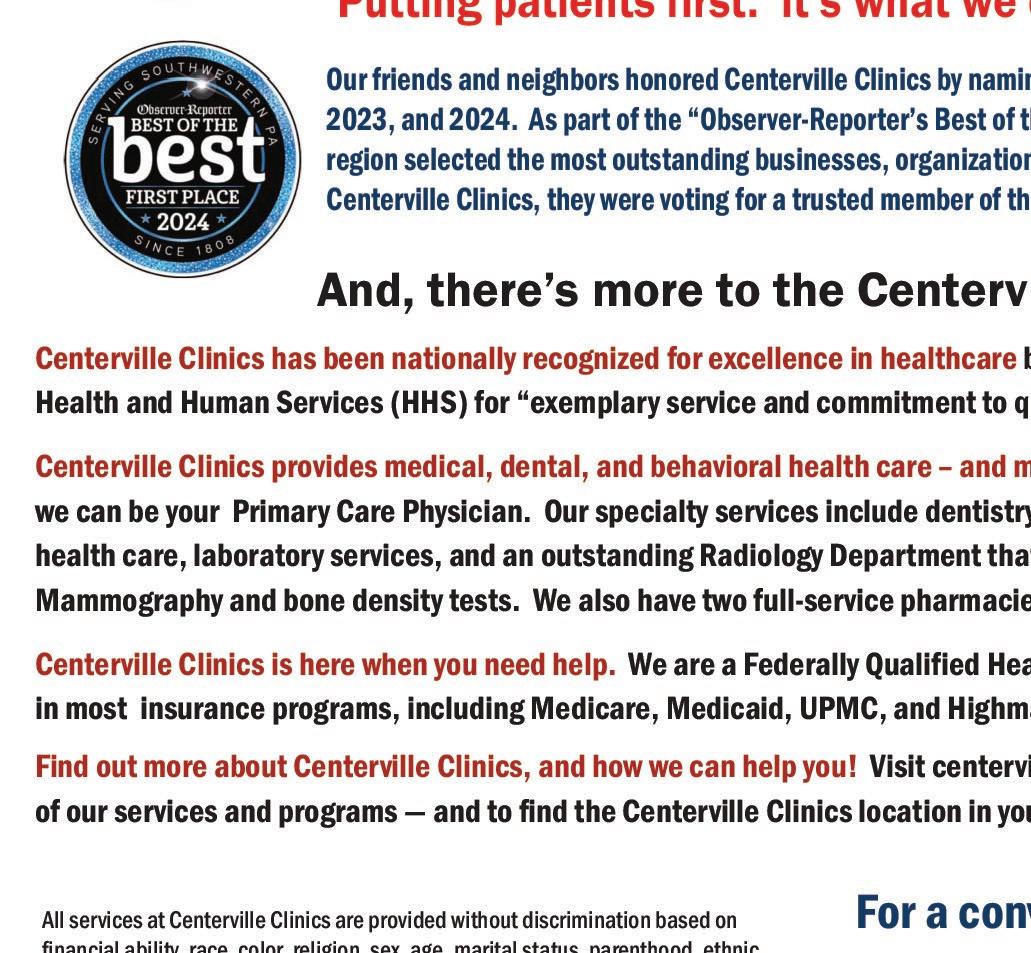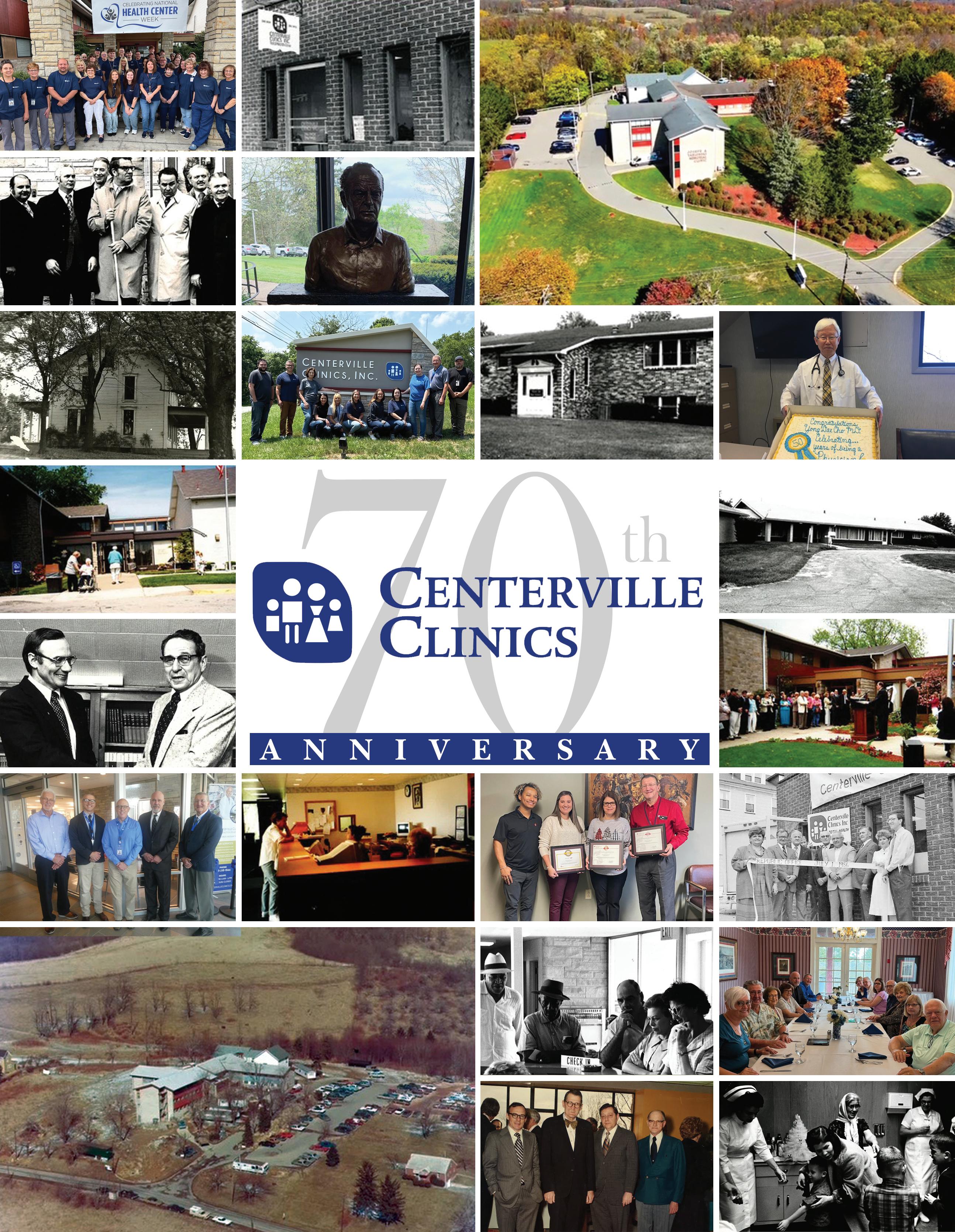


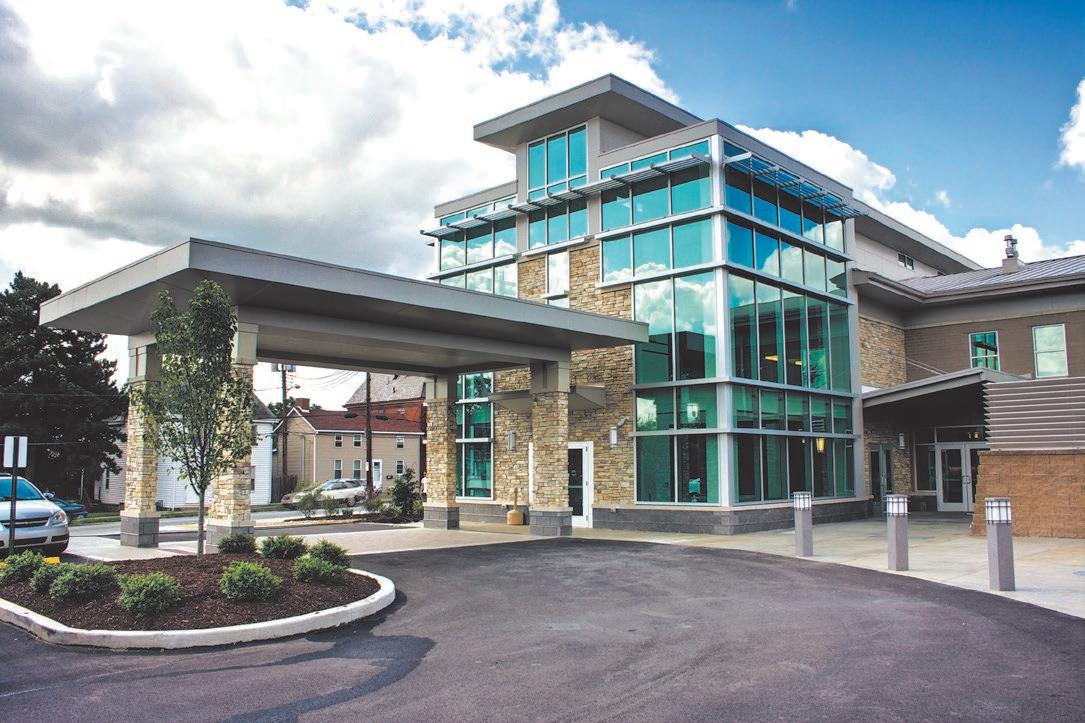
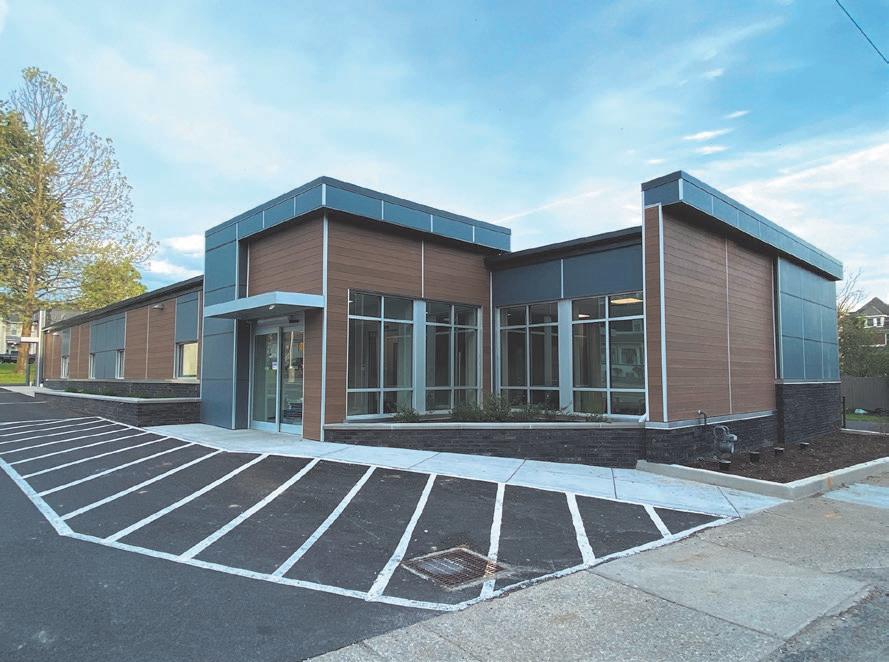
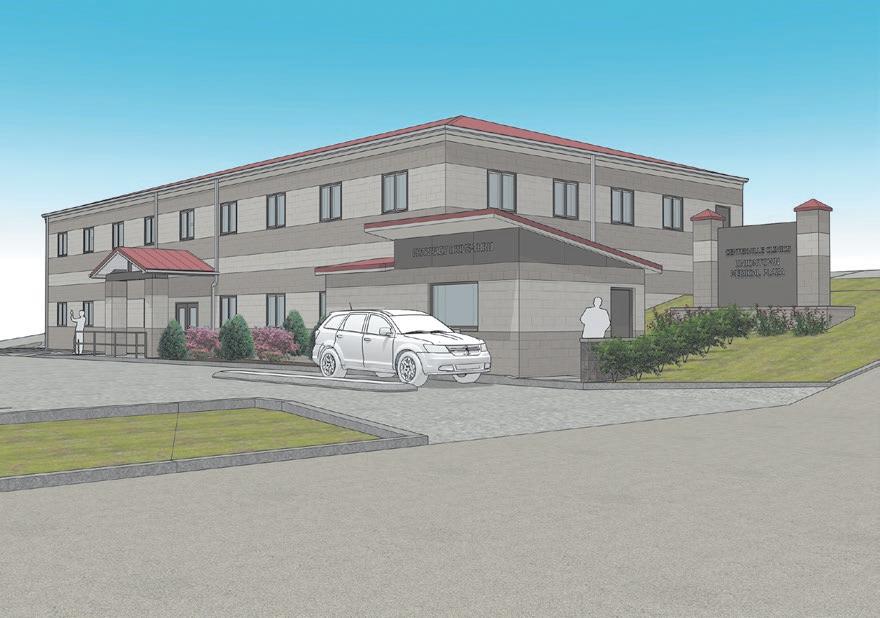
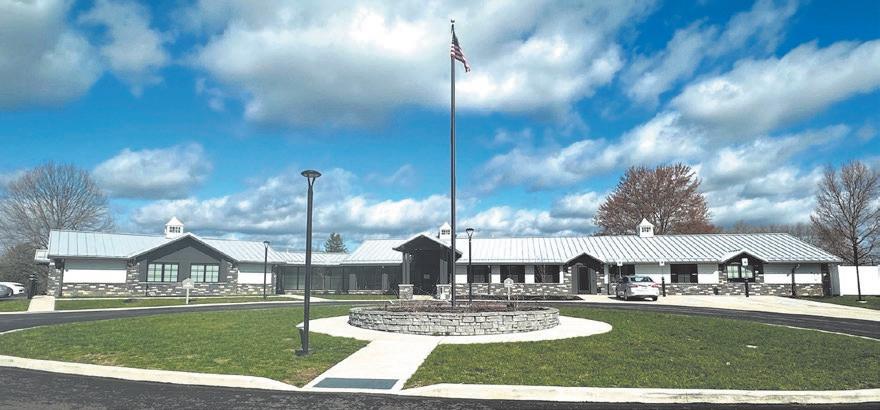
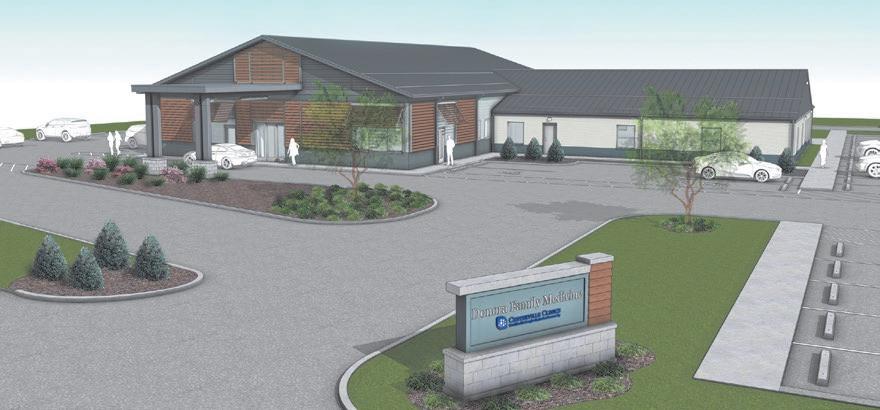









By Trista Thurston
Centerville
Clinics CEO Barry Niccolai
is reminded, today and each day, of the positive culture and the storied history behind the organization he leads.
“It’s a privilege to be able to serve a family in all stages of their life,” Niccolai says. “Our culture is built upon our history … we expect that our providers and staff members roll up their sleeves every day to make a difference.”
Though the organization’s roots began with the United Mine Workers, Centerville Clinics now serves all residents as a community health center, providing primary, behavioral and dental healthcare. All patients are seen regardless of ability to pay, and Centerville Clinics provides a sliding fee scale for patients who may need it.
“We see everyone, and we provide high-quality care,” Niccolai says. The clinic is a “one-stop shop” providing comprehensive medical, dental and behavioral healthcare.
Established in 1955, the clinic initially served coal miners but expanded in 1977 to include all residents.
“Our 70th anniversary brings me back to the coal miners who founded the clinic. It was a time when hard-working people took care of one another. Our legacy is helping people with healthcare needs. It’s what we do.”
Niccolai spent 31 years at California University of Pennsylvania, now PennWest California, before joining Centerville Clinics in 2012. He served as assistant executive director for seven years before becoming CEO.
“I find myself very blessed to have two very intrinsically rewarding careers in my hometown,” Niccolai says.
The medical industry has undergone considerable changes over the past 70 years, particularly in terms of technological innovations. Patient expectations “require us to constantly be changing,” Niccolai says. Centerville Clinics played an integral role in testing and local response teams during COVID-19, for example. Niccolai noted that the pandemic highlighted the value of community health centers and fostered stronger collaboration with the area’s health systems.
Centerville Clinics is currently establishing a new electronic health record system, which will mean that patients can schedule their own appointments online. The new system will allow clinicians to track patients better and identify gaps in care.
Despite challenges like staffing and funding, which plague all medical organizations, the clinic emphasizes high-quality, comprehensive care, including in-home visits by nurse practitioners.
The clinic also operates pharmacies at key locations, addressing pharmacy deserts. In addition to a long-established pharmacy at the Fredericktown location, a new pharmacy recently opened at the Washington office, with a third pharmacy planned for the new Uniontown location.
Centerville Clinics has focused on keeping locations up-to-date, with “state-of-the-art facilities that efficiently serve growing patient populations,” and upgrades and new facilities in Connellsville, Carmichaels, Donora and Uniontown.
Niccolai underscores the clinic’s communitybased approach. In fact, it’s baked into how the clinic operates. As a community health center, federal grants help offset costs when patients pay on a sliding fee scale, and the board of directors must be at least 51% patients, ensuring community representation.
“We are truly a community-operated entity,” Niccolai says.
For Niccolai, the future of Centerville Clinics is rooted in the same values that built its foundation: neighbors helping neighbors and a commitment to quality care for all.
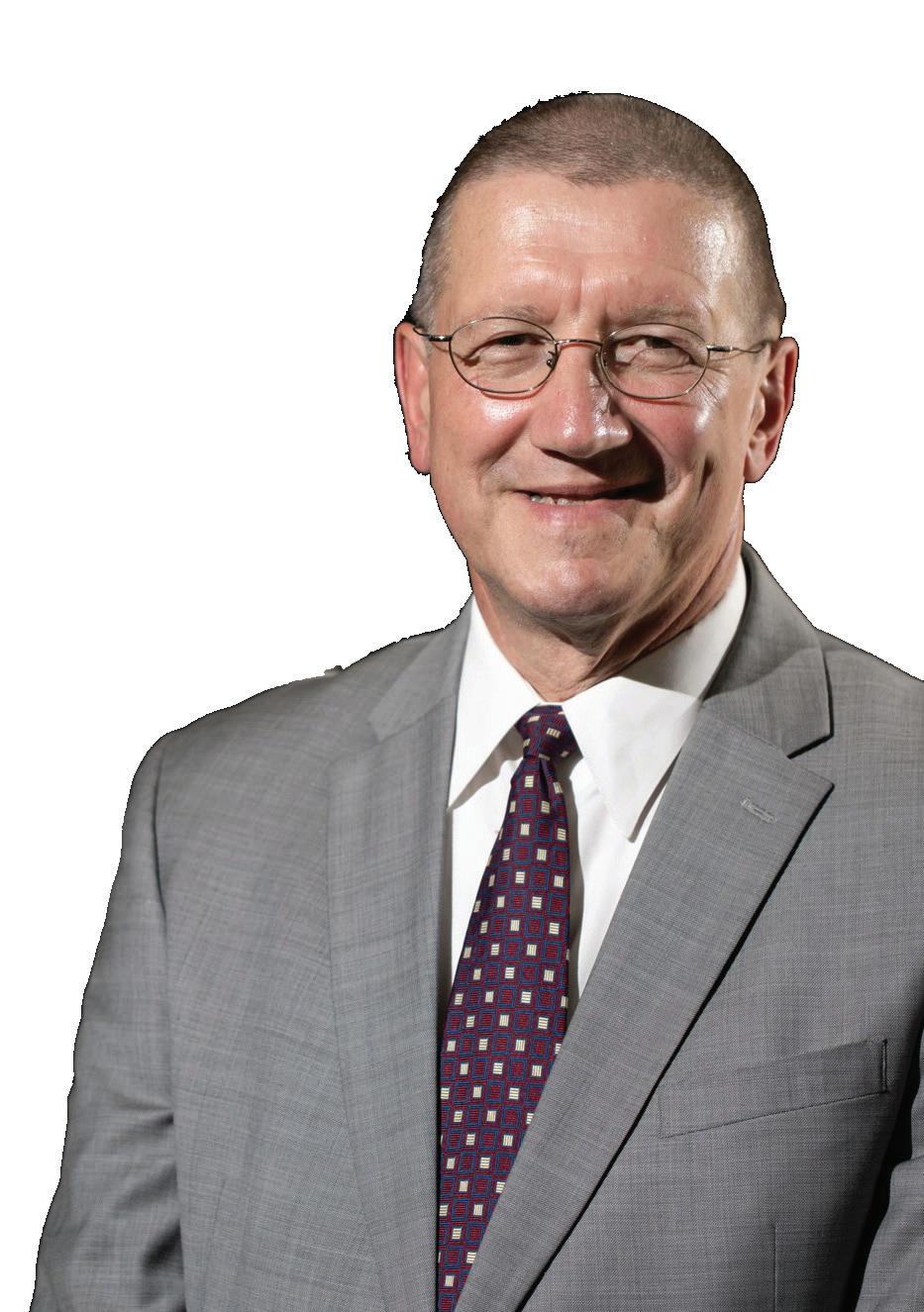
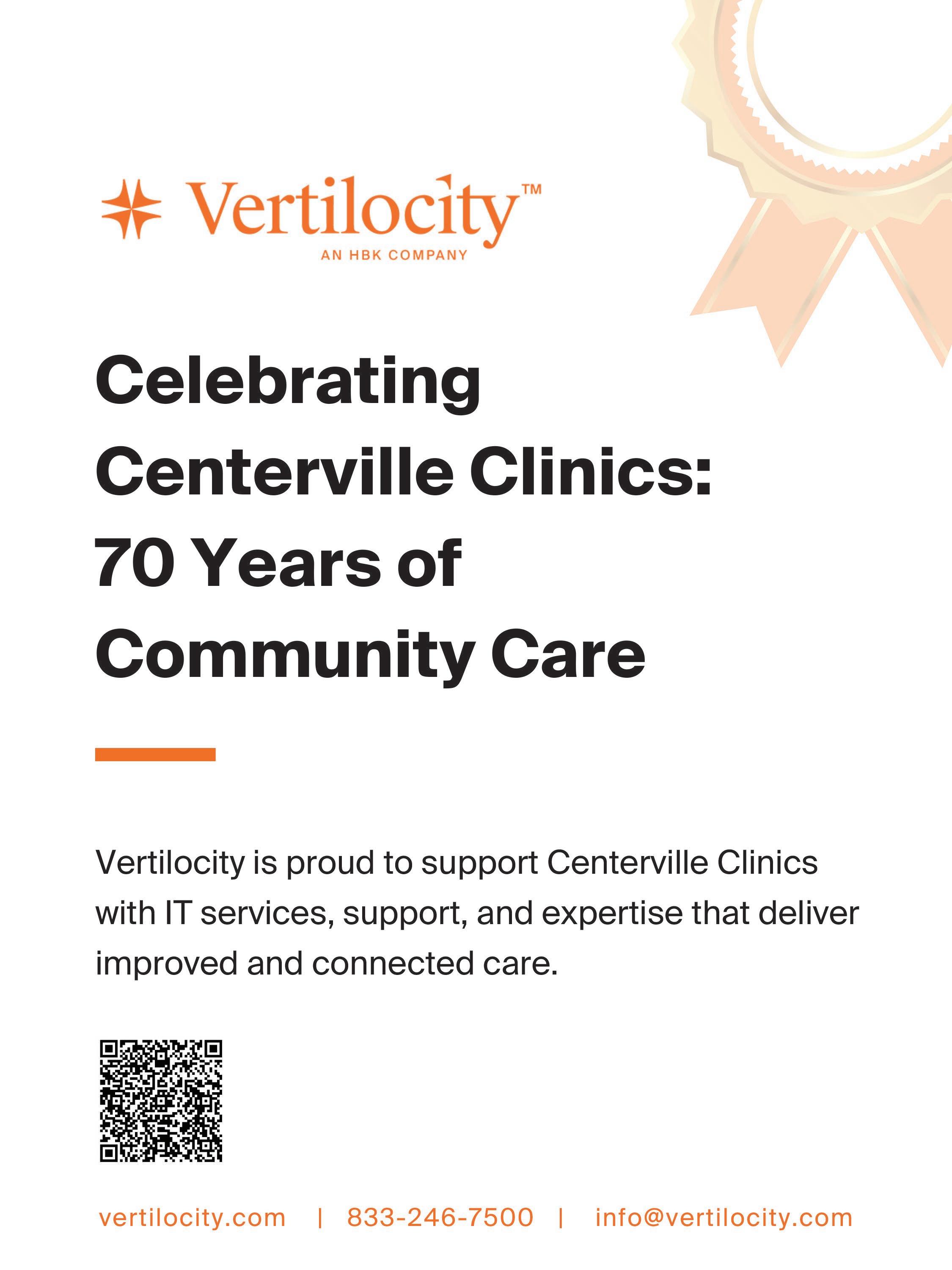
The story of Centerville Clinics began with Joseph A. “Jock” Yablonski, grew under the vision and leadership of his son, Kenneth and continues today with his grandson serving as chairman of the board.
When his father died suddenly in 2002, Joseph Yablonski was recruited by the board of directors to serve as chairman of the board.
“Centerville Clinics had always been a big part of my father’s life. Knowing the history of the clinic and how important it is to the family, I am very proud to serve,” Yablonski said.
“It was a little intimidating, stepping into ‘big shoes’ following my father,” he said. Looking back, Yablonski said, “The biggest challenge was being thrust into the role of chairman while dealing with the shock of my father’s premature death.” While he had handled some legal work for the clinic as a member of his father’s law firm, Yablonski recalls that he did not have an understanding of the complexity of the clinic’s operation and administration. He said, “It was an eye-opening experience.”
He recalls that stepping into that role was “tough and time-consuming. Fortunately, we have so many good people at the clinics. Whatever help I needed was there.”
He believes that “continuity” is one of Centerville Clinics’ greatest strengths. He points to “so many good people who have given us so many good years of service,” adding, “they’re committed to the mission and devoted to their work. They genuinely care for our patients and other users.”
Looking ahead, Yablonski acknowledges that the future is full of uncertainties throughout healthcare. But, he said, “We are confident we will stay on top of things. It might be difficult, but we’ll figure out a way to work things out. We’ve done it before.”
The farmhouse where doctors saw the first patients in 1955 has grown to a network of 13 medical sites, five dental offices and 10 behavioral healthcare locations. Yablonski said that it is “certainly possible that there may be future expansion.”
Recent growth in the Centerville Clinics network includes opening a pharmacy at Washington Family Doctors and groundbreaking for an expanded Donora Family Medicine, as well as renovations and expansion at several sites.
“We take advantage of opportunities as they present themselves,” Yablonski said. “We look for areas of need and how to meet those needs.” That approach reflects the founding values of
Centerville Clinics: “Jock” Yablonski
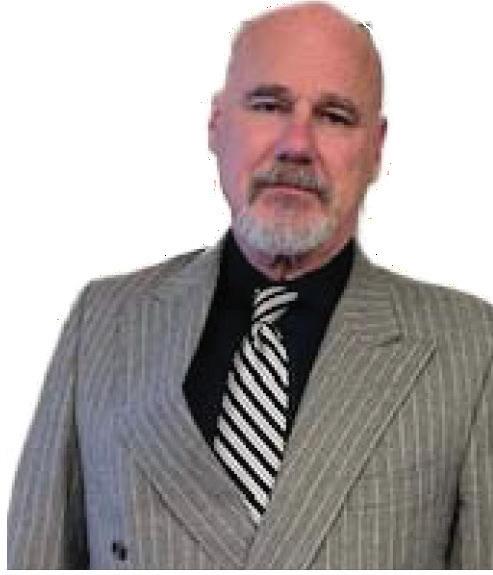
led a group of coal miners who wanted to bring quality medical care to the small communities in western Pennsylvania. Those founders were well ahead of their time, striving to help people in rural communities, especially the rural poor and their children.
“People need care,” Yablonski said. “That’s what we are doing. People need — and deserve — quality care.”
His father and grandfather would be proud.
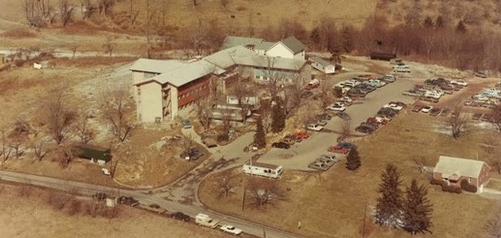


































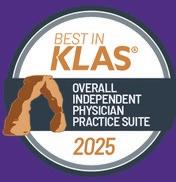
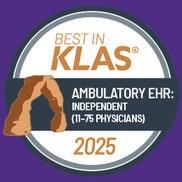
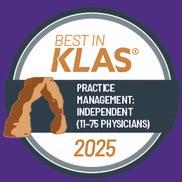
When Centerville Clinics opened its doors in 1955, one of its first employees was a young Janet Bitonti. A recent business school graduate, she was hired as a clerk. One of her first assignments was to be the clinic’s switchboard operator.
“When the clinics first opened in the original farmhouse, there was no telephone service,” she recalls, “so I had to go to the Centerville Telephone Company to answer calls.”
“This was my first job in my profession. I was young, and it was fun, setting up tables and getting the farmhouse set up.”
Bitonti worked in the medical records department before moving to the business office, was named chief administrator in the 1980s, and retired as executive director in 2001.
She continues to be involved with Centerville Clinics as a consultant and sees the organization continue to grow.
“I never thought that the clinics would grow to be this big (13 medical sites, five dental sites and 10 behavioral healthcare locations),” she said.
Initially, the majority of the physicians at the new clinic were specialists rather than primary care providers. The opening of the Carmichaels clinic in the early 1960s
marked another step in bringing primary care to smaller communities as the clinics identified needs and worked to meet them.
“Centerville Clinics has always been committed to helping people in need,” Bitonti said.
“Our goal has always been to treat patients like you’d like your mother to be treated,” Bitonti said. “We treated everyone the same.”
Joseph A. “Jock” Yablonski was at the forefront of establishing Centerville Clinics, working with a small group of coal miners and securing a loan to buy a farmhouse in Centerville Borough. Dr. Robert Schwartz, the first medical director at Centerville, was affiliated with the VA Hospital and recruited several specialists as well as primary care doctors.
From the beginning, Centerville Clinics has been open to the entire community.
Bitonti recalled that “Jock” Yablonski was a hands-on leader. “He took an interest in everything happening at the clinic.”
Upon Yablonski’s death, his son, Kenneth J. Yablonski, carried on his work as chairman of the board. Today, Mr. Yablonski’s grandson, Joseph, serves as board chairman.
“It has been my privilege to work with all three men,” she said, adding that the
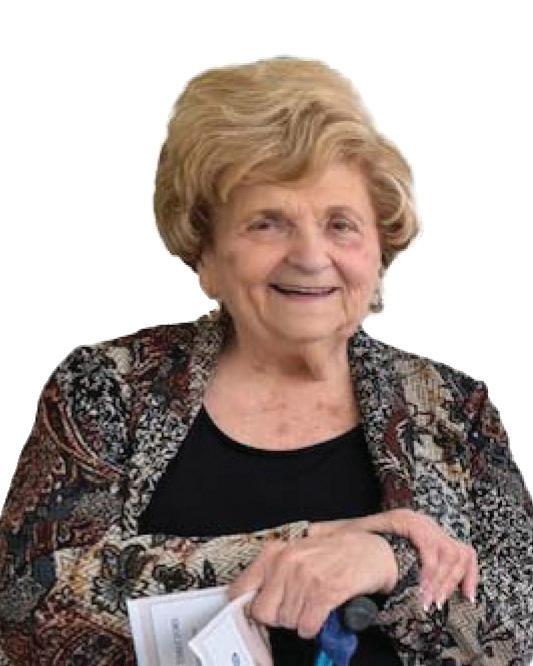
continuity of leadership is one of Centerville Clinics’ strengths.
“Over the last 70 years, we have had strong leadership, dedicated boards and employees,” she said.
Centerville Clinics has not been without its challenges, working through economic downturns and changes in the population throughout Southwestern Pennsylvania. She said that it has taken hard work and perseverance, and that Centerville Clinics looks to a bright future of service.
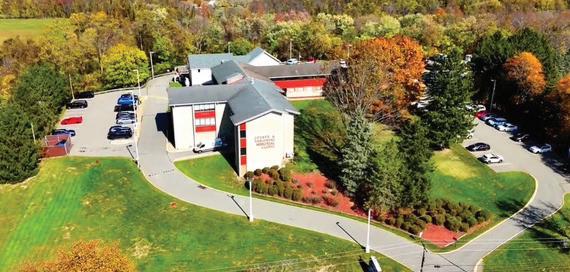
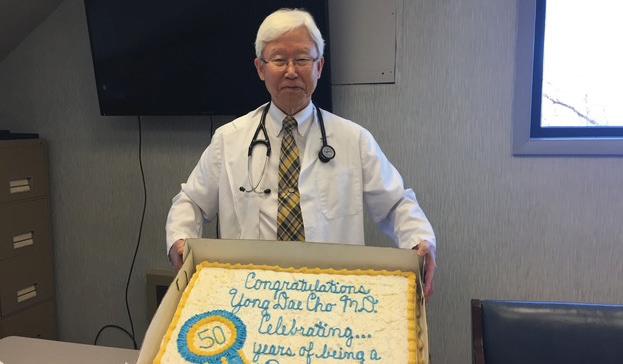
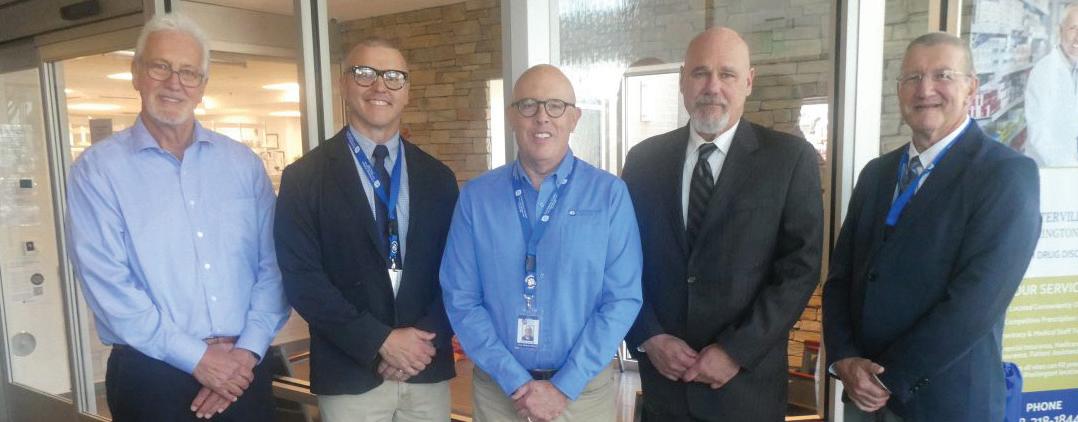
Among those on hand for the grand opening of Centerville Clinic’s Washington Pharmacy were, from left, Tim Mallett, vice president of pharmacy services for Nuvem; Ben Neil, chief operating officer for Centerville Clinics; Dr. Daniel Holt, chief medical officer for Centerville Clinics; Joe Yablonski, president of the Centerville Clinics Board of Directors, and Barry Niccolai, chief executive officer for Centerville Clinics.
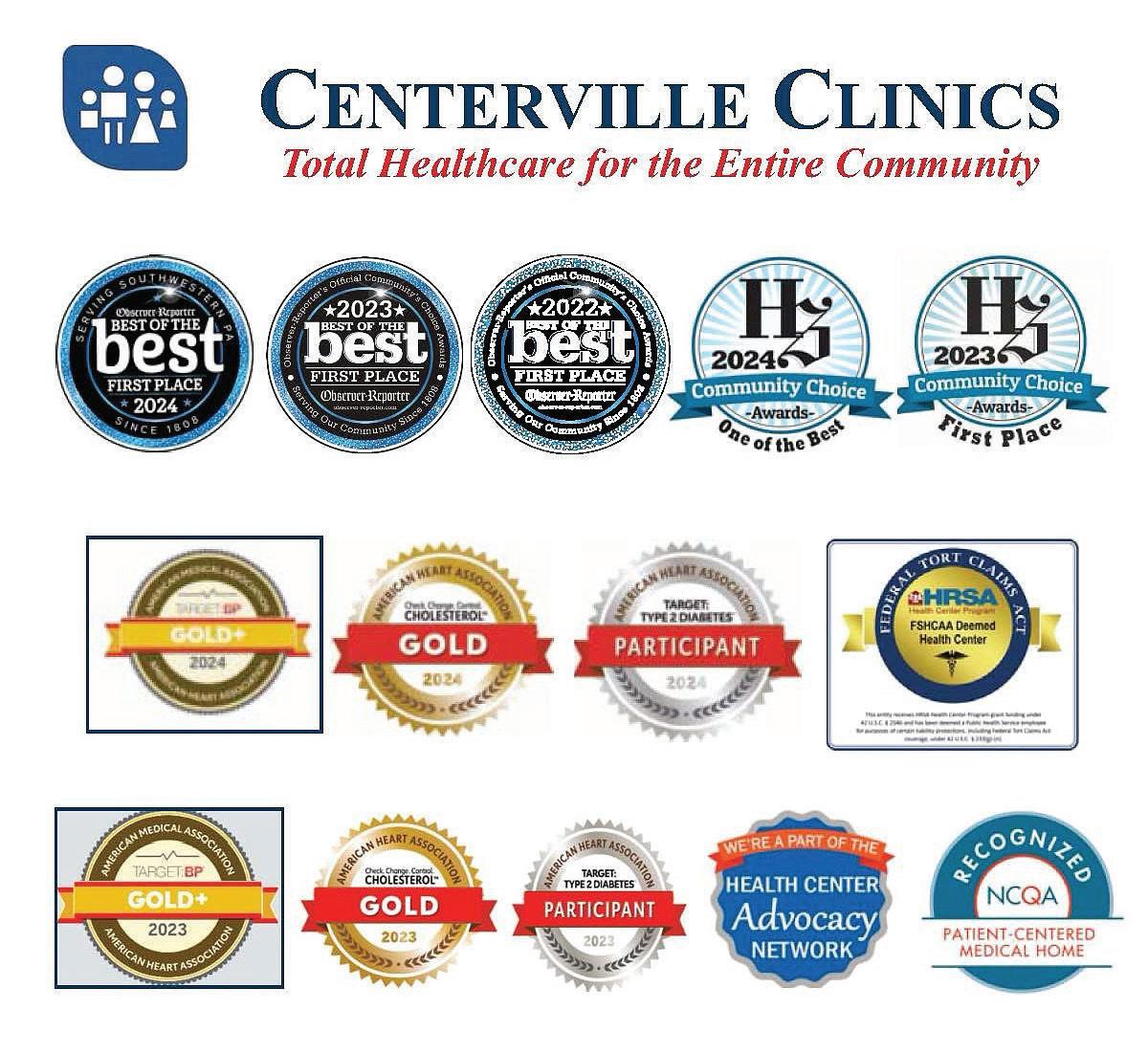
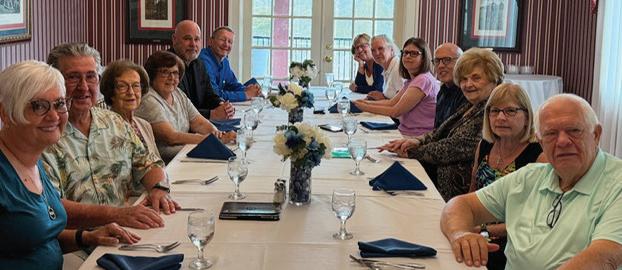

Many students applying to medical school say that the reason they want to become doctors is to help people. It is a popular answer that helps medical school applicants. While many prospective doctors and medical providers start out believing that, Dr. Daniel Holt sees many young caregivers lose that commitment somewhere along the way.
Dr. Holt, the medical director at Centerville Clinics, said that his initial impression was that Centerville Clinics “was a large organization that did a lot of good in the local communities. The people at the clinics were interested in taking care of the poor.”
After nearly 20 years with Centerville Clinics, Dr. Holt has not changed his opinion. He said, “The majority of our healthcare providers understand Centerville’s mission of taking care of the poor, and they agree and support it.”
While it is wonderful to know and understand the history of the organization, Dr. Holt points out, “The majority of our patients are no longer miners. They represent patients from all walks of life who are looking for a provider who will help them.”
That is what Centerville Clinics has been
providing since it opened its doors in 1955. The late Joseph A. “Jock” Yablonski led a small group of coal miners who wanted to bring medical care to the small communities in Southwestern Pennsylvania, where there were few, if any, doctors.
The founders of what became the Centerville Clinics network were ahead of their time, striving to help people — not just miners — regardless of their ability to pay.
Throughout its 70-year history, Centerville Clinics has grown and adapted to meet the changing needs of people in the community, adding services and establishing new locations in Fayette, Greene and Washington counties. Its core value of service will not change. Over the next years, Dr. Holt said, “Centerville Clinics may look different than it does now, but we will continue to be aware of what is needed medically to stay current and continually emphasize taking care of people — no matter what the future holds.”
One key to success, he said, is to avoid the attitude “that’s the way we’ve always done it.”
Getting input from our providers can be very helpful in identifying needs and opportunities.
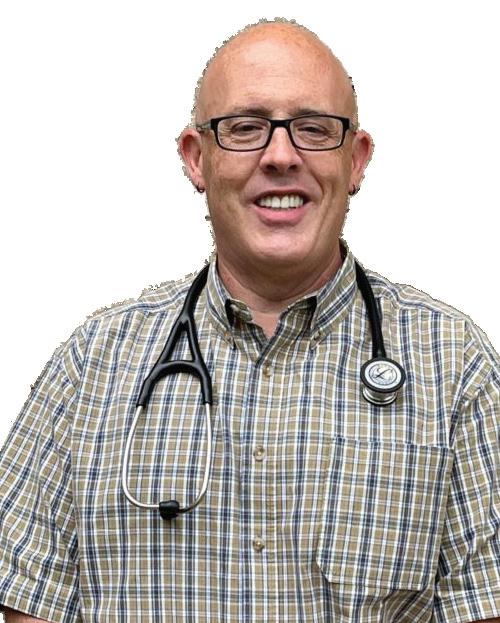
Reflecting on the current state of Centerville Clinics, Dr. Holt believes that patients deserve high-quality care and nice facilities in which to receive care. At the same time, he points to some of Centerville’s smaller, older sites, noting, “I am proud of those sites. Rather than establishing a clinic or office where success is ‘guaranteed,’ Centerville Clinics goes into areas where the need is great.”
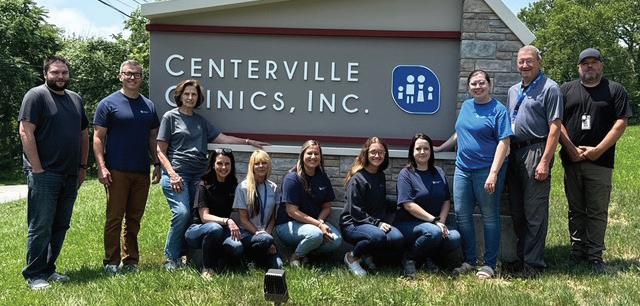
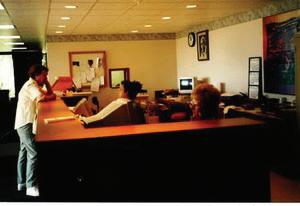
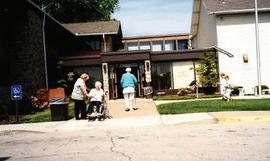
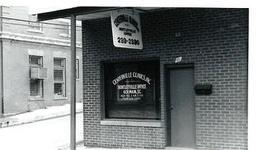
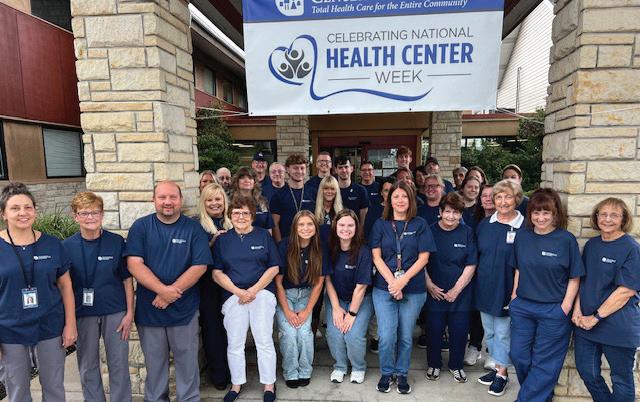

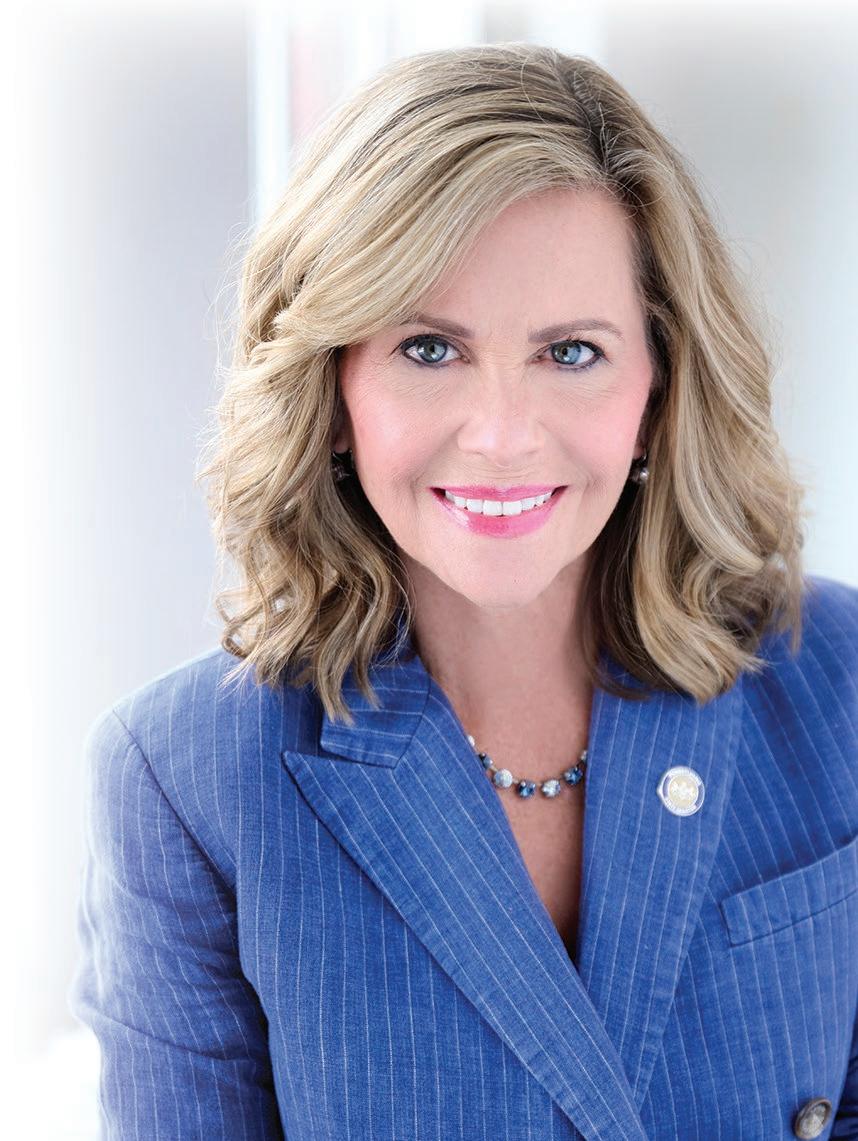


Growing up in Brownsville, Ben Neil knew his great-grandfather was part of the UMWA, his family had doctors at Centerville Clinics and that Centerville Clinics was a big part of the community.
But, he said, “I was not aware that Centerville Clinics is so extensive. I was very surprised when I took a closer look. It was an eye-opening experience.”
Neil, who refers to himself as “the new guy,” joined Centerville Clinics in April 2024 as chief operating officer after being recruited by Barry Niccolai, the clinic’s chief executive officer.
Neil was a nursing home administrator and later regional director of operations in the field of long-term care. During COVID, the two talked at length about ways to best deal with the challenges in healthcare.
Both men serve on the school board for the California Area School District and kept in touch. During a conversation, Niccolai asked him, “How would you like to come to Centerville Clinics?” Eventually, he spent a day touring the Centerville Clinics network and found what he calls “a hidden gem.”
“Centerville Clinics showed me they have the foresight to see, primary care-
wise, how they can help,” he said. Their TEAMS approach (where your primary care provider, a nurse, medical assistant and clerk work together as a team, focusing on you) is one example that, Neil said, “is forward-looking. A program like that demonstrates they are ‘tuned in’ to what is really needed.”
In his position as chief operating officer, Neil believes, “the fabulous thing about Centerville Clinics is that it is like a family. We don’t have layer upon layer of ‘red tape’ to deal with. The magical thing about this place is that when we see things that need to be done, we can do something about them.” He added, “When people come in, we have the resources to help. We are nimble enough to go where we are needed. We serve everyone. More importantly, we serve the people who need us the most.”
Looking ahead, Neil said, “Our future is bright. Centerville Clinics is a local organization with a strong record of being involved in the community.”
He noted that Centerville Clinics “is in the unique position of having many people who have been here for many years. These people serve at every level of the
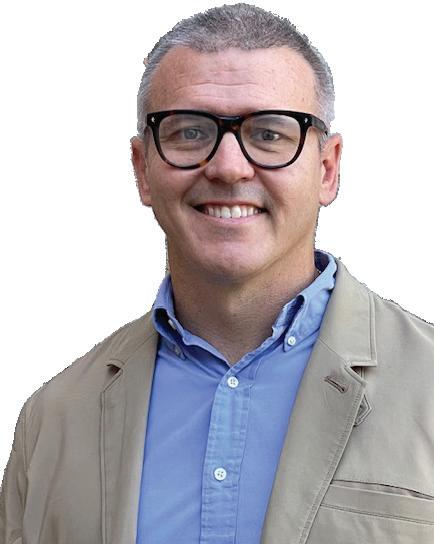
organization, and there have even been dedicated team members who left the clinics and quickly returned. They return because of our mission and culture.”
On a personal note, Neil said that after nearly 19 years of traveling outside of the area for his career, he enjoys being able to continue and grow in his career near his home in California. He said, “I love coming to work.”
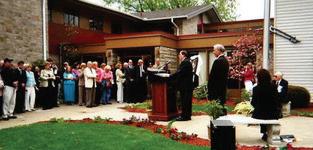
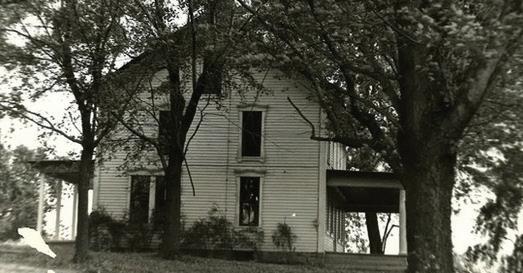
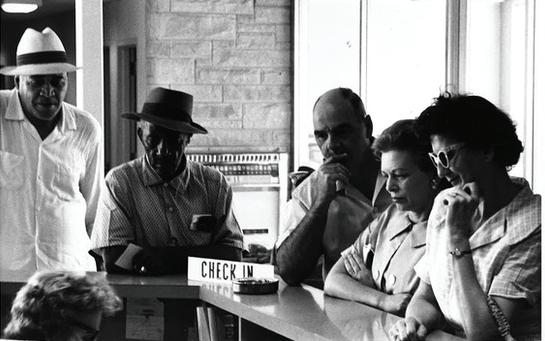
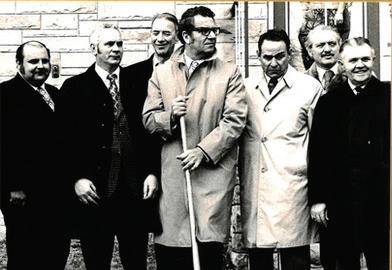
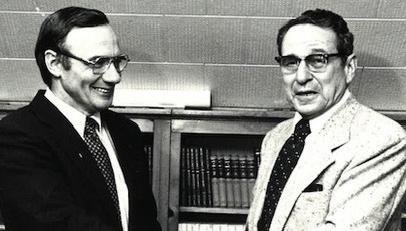
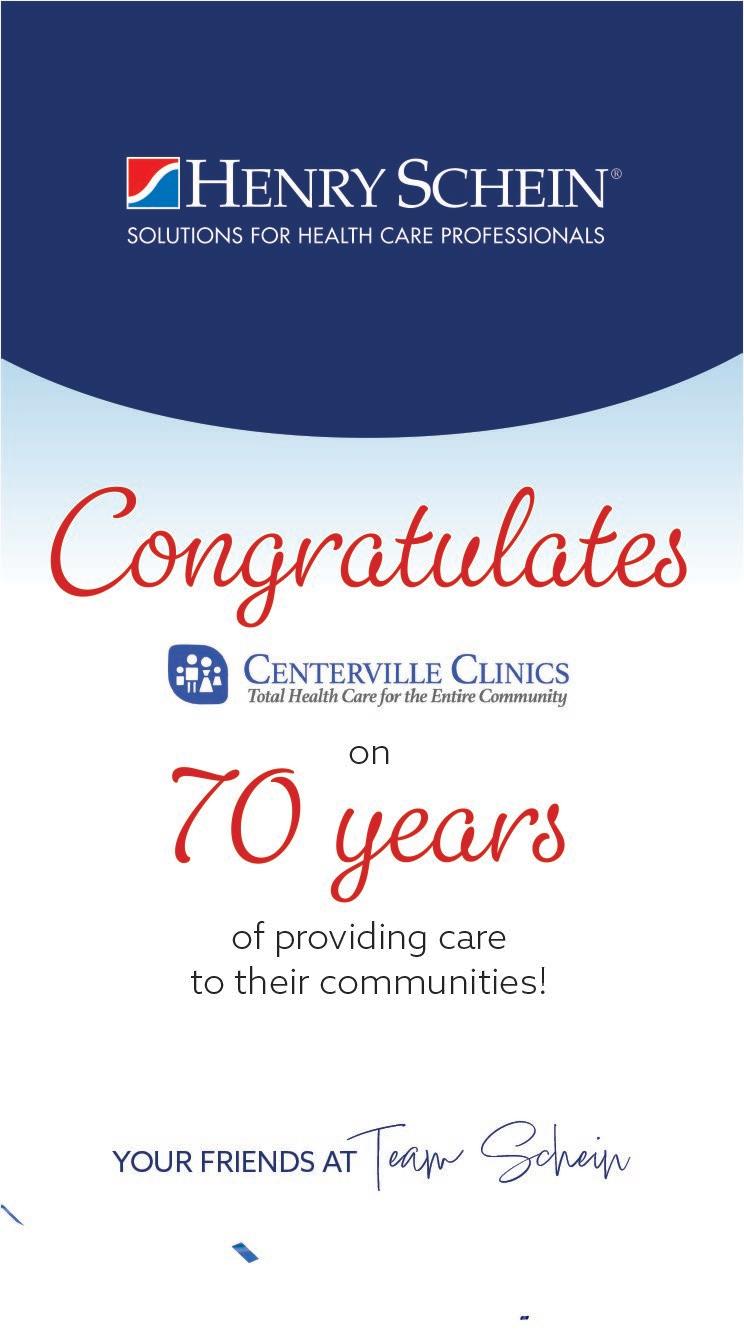

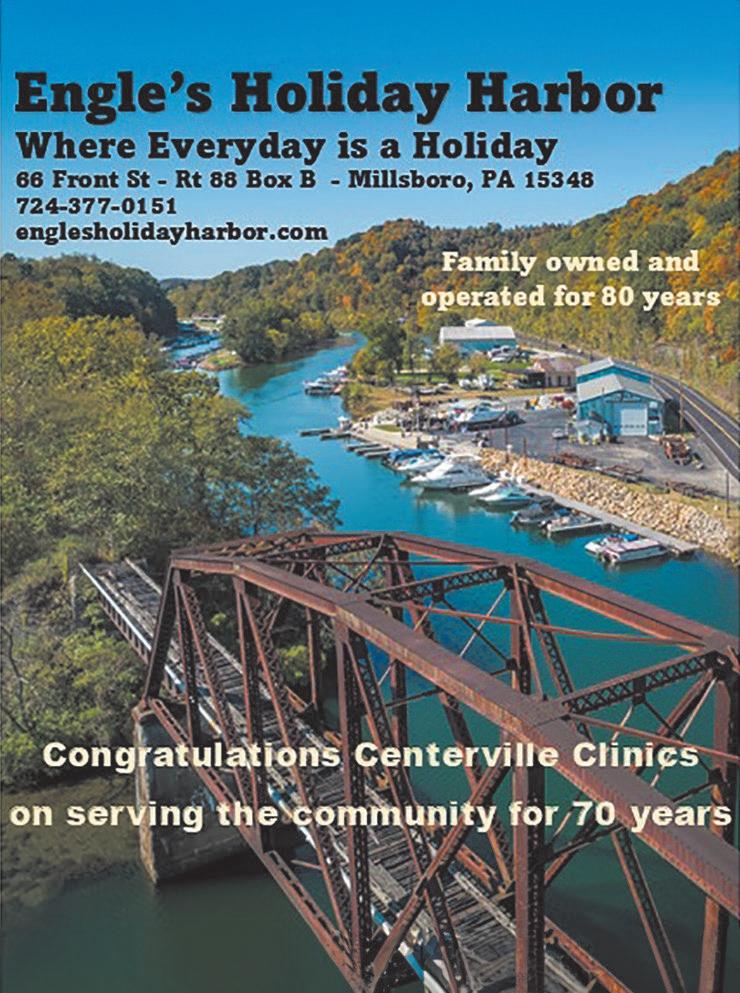


Celebrating 70 years of dedicated care to our community.





